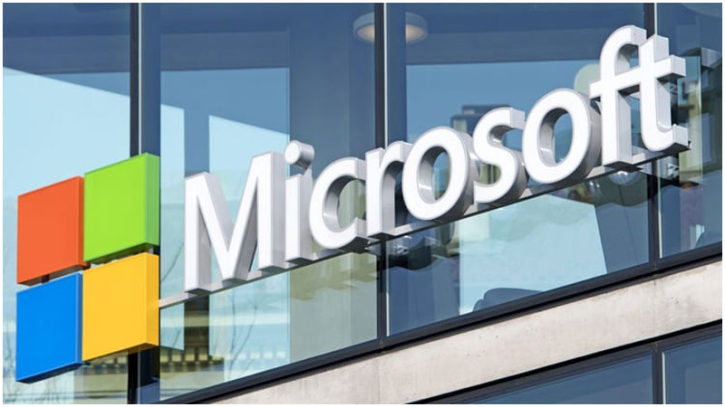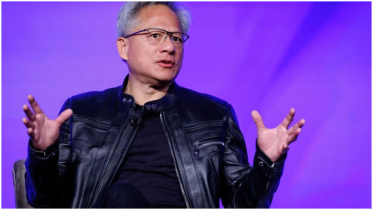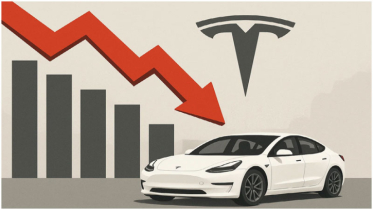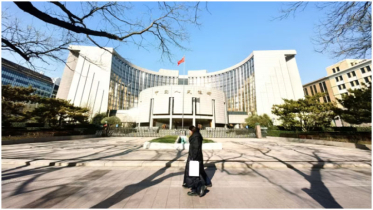Microsoft takes 27% stake in OpenAI under revamped partnership

Microsoft and OpenAI have announced a major restructuring of their artificial intelligence (AI) partnership, giving both companies greater independence while maintaining a close working relationship.
Under the new deal, Microsoft will hold about 27 percent of OpenAI, a stake valued at roughly 135 billion dollars, according to a post on OpenAI’s website. The ChatGPT maker is also transitioning to a public benefit corporation structure designed to balance profit goals with its broader mission to benefit society.
As part of the agreement, OpenAI has committed to purchase 250 billion dollars in Azure cloud services from Microsoft. However, Microsoft will no longer have first refusal rights as OpenAI’s exclusive compute provider. Microsoft’s intellectual property rights related to OpenAI’s models and products have been extended through 2032.
“This new agreement builds on our strong foundation, strengthens our partnership, and sets the stage for long-term success for both organizations,” the companies said in a joint statement. Regulators have approved the restructured arrangement.
A partnership reshaped
Microsoft first invested one billion dollars in OpenAI in 2019, when the company was still a small research lab founded by Sam Altman, Elon Musk, and others. The tech giant deepened its backing in 2021 and again in 2023 with an additional 10 billion dollar investment after the viral success of ChatGPT.
The collaboration transformed both companies. OpenAI evolved into one of the world’s most valuable startups, while Microsoft gained an early lead in the AI race by integrating OpenAI’s technology—rebranded as Copilot—across products such as Bing, Office, and Windows.
However, tensions emerged in November 2023 when OpenAI’s board abruptly fired CEO Sam Altman, only to reinstate him days later after employee backlash and pressure from Microsoft. The episode highlighted governance challenges and prompted a broader restructuring aimed at ensuring stability and attracting new investors.
More flexibility for both sides
The revamped partnership gives OpenAI more freedom to collaborate with other companies and to host its products on cloud platforms beyond Microsoft’s Azure.
“We now have the flexibility to let the world build amazing new companies and applications on top of this technology,” Altman said in a streamed discussion.
OpenAI’s nonprofit parent organization will oversee a 25 billion dollar initiative focused on combating disease and maximizing the social benefits of generative AI while mitigating its risks.
Microsoft, meanwhile, retains the ability to pursue artificial general intelligence, or AGI, projects independently or with other partners—a notable shift from previous agreements.
The restructured partnership marks a new phase in one of the technology industry’s most influential alliances, redefining how the two AI leaders will collaborate and compete in shaping the future of intelligent systems.
.png)




